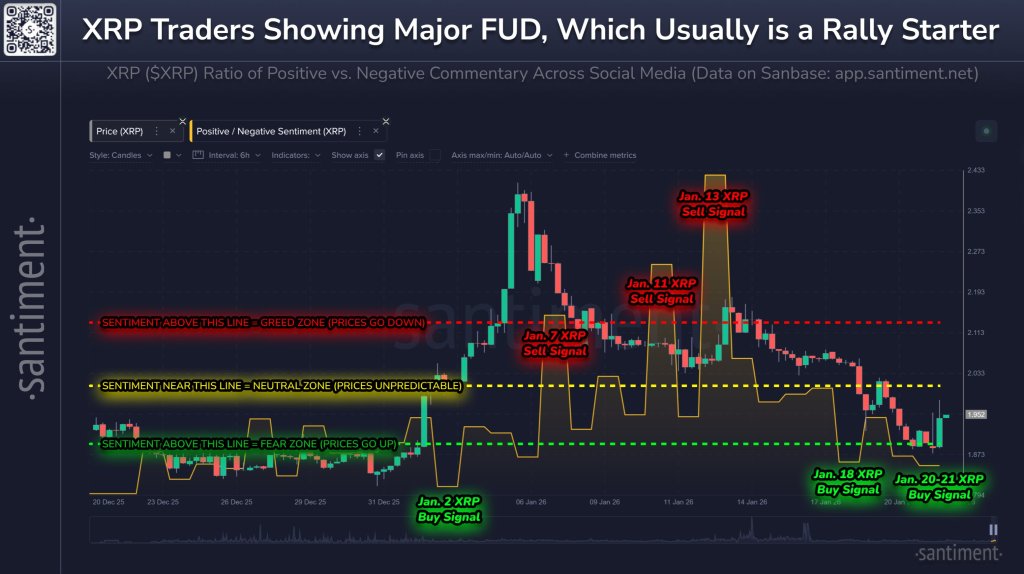
Understanding Tokens in the Web3 Ecosystem
The emergence of Web3, or the decentralized web, has resulted in the establishment of a new digital economy based on blockchain technology. Tokens, which serve as a type of digital currency and may be used to make transactions, access services, and reflect asset ownership, are at the center of this new economy. We’ll look at how tokens are utilized in the Web3 ecosystem and what function they serve in the decentralized web in this post.
Web3 tokens are digital assets built on blockchain technology that may be transferred and exchanged without the use of a centralized middleman. As a result, they are extremely secure and resistant to fraud or manipulation. Tokens come in a variety of forms, including utility tokens and security tokens, but for the sake of this study, we will concentrate on cryptocurrencies.
The most well-known sort of Web3 token is a cryptocurrency, such as Bitcoin and Ethereum. They function as a type of digital money and may be used to buy goods and services as well as sold on decentralized exchanges. They are also utilized as a store of value, with many investors purchasing and storing cryptocurrencies in order to get exposure to the decentralized web’s growth.
Tokens may be used to represent ownership of various digital assets in addition to cryptocurrencies. Tokenized assets, like real estate or art, can, for example, be purchased and sold on a blockchain, providing for a more efficient and safe transfer of ownership. Tokens are also used in decentralized finance (DeFi) initiatives to represent assets like loans, insurance policies, and other financial instruments.
The decentralized web and blockchain technology enables the token economy to function and expand in new ways. Web3 can allow new use cases and business models not available with standard web infrastructure by offering an environment for decentralized apps, smart contracts, and programmable money.
The Use Cases of Web3
Cryptocurrency payments:
Payments in digital currency, such as Bitcoin or Ethereum, are one of the most well-known use cases for tokens in the Web3 ecosystem. These tokens may be used to conduct online payments and transactions without requiring a centralized middleman like a bank. This creates new possibilities for cross-border payments and e-commerce.
Tokenized assets:
Tokens may also be used to represent ownership of non-digital assets like real estate or art. These tokenized assets may be purchased, sold, and exchanged on a blockchain, making ownership transfer more efficient and safe. This can open up new avenues for investment and crowdsourcing, as well as provide liquidity for illiquid assets.
Decentralized finance (DeFi):
Tokens are also utilized in decentralized finance (DeFi) systems to represent assets like loans, insurance policies, and other financial instruments. These tokens may be exchanged on decentralized exchanges, opening up new avenues for peer-to-peer lending, borrowing, and financial asset trading.
Token-curated markets:
Tokens may also be used to build token-curated marketplaces, in which users hold tokens in exchange for voting rights on a marketplace’s curation and governance. This enables decentralized, community-driven curation of digital products and services, opening the door to new types of markets not governed by a single authority.
Token-based membership:
Membership in a decentralized organization, society, or even a physical place can be represented by tokens. Members can use the token to gain access to various perks, advantages, and even governance powers.
Non-fungible Tokens (NFTs):
Tokens may also be used to store unique digital goods such as art, film, music, collectibles, and so on. These Non-Fungible Tokens (NFTs) are not replaceable by other tokens or assets, and they let users own and trade one-of-a-kind digital objects.
These are just a handful of the ways tokens are utilized in the Web3 ecosystem. As blockchain technology advances, we may anticipate an increase in the number of use cases for tokens, as well as new applications and business models developing on the decentralized web.
To summarise, tokens are critical components of the Web3 ecosystem, serving as a safe and transparent means of transferring and exchanging value on the decentralized web. As blockchain technology advances, we may anticipate an increase in the number of use cases for tokens, ranging from bitcoin and tokenized assets to new kinds of decentralized finance. The token economy is an important part of the decentralized web and will continue to influence the future of digital commerce.





